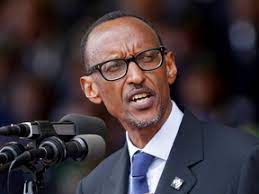Man Who Threatened to Invite IPOB to Lagos Apprehended

On Friday, a video went viral showing the Eze Ndigbo of Ajao Estate in Lagos State, Fredrick Nwajagu, making threatening statements about inviting members of the proscribed Indigenous People of Biafra (IPOB) to secure the properties of Igbo people in the state. In the video, Nwajagu stated that all members of IPOB would be paid to protect Igbo-owned shops and businesses, and that it was necessary to have this security in order to stop attacks on Igbo people at all hours of the day.
These statements caused widespread concern and outrage, and it was reported on Saturday morning that Nwajagu had been arrested by a joint team of policemen and operatives of the Department of State Services (DSS). According to sources, the police and DSS went to his palace to arrest him, but he had already fled. He was later tracked down to a hotel in Ejigbo, where he was apprehended.
The arrest of Nwajagu has sparked further debate about the role of traditional rulers in Nigeria, particularly in relation to issues of security and ethnic tensions. Some have argued that Nwajagu’s statements were irresponsible and could have further inflamed tensions between the Igbo community and other groups in Lagos State. Others have suggested that traditional rulers should not be involved in issues of security, and that this is the responsibility of the government and law enforcement agencies.
Regardless of the debates surrounding the role of traditional rulers, it is clear that the situation in Lagos State remains tense, with reports of violence and discrimination against Igbo people continuing to surface. It is important for all stakeholders to work towards finding a peaceful and equitable resolution to these issues, and for the government to take decisive action to address the root causes of the conflict.












